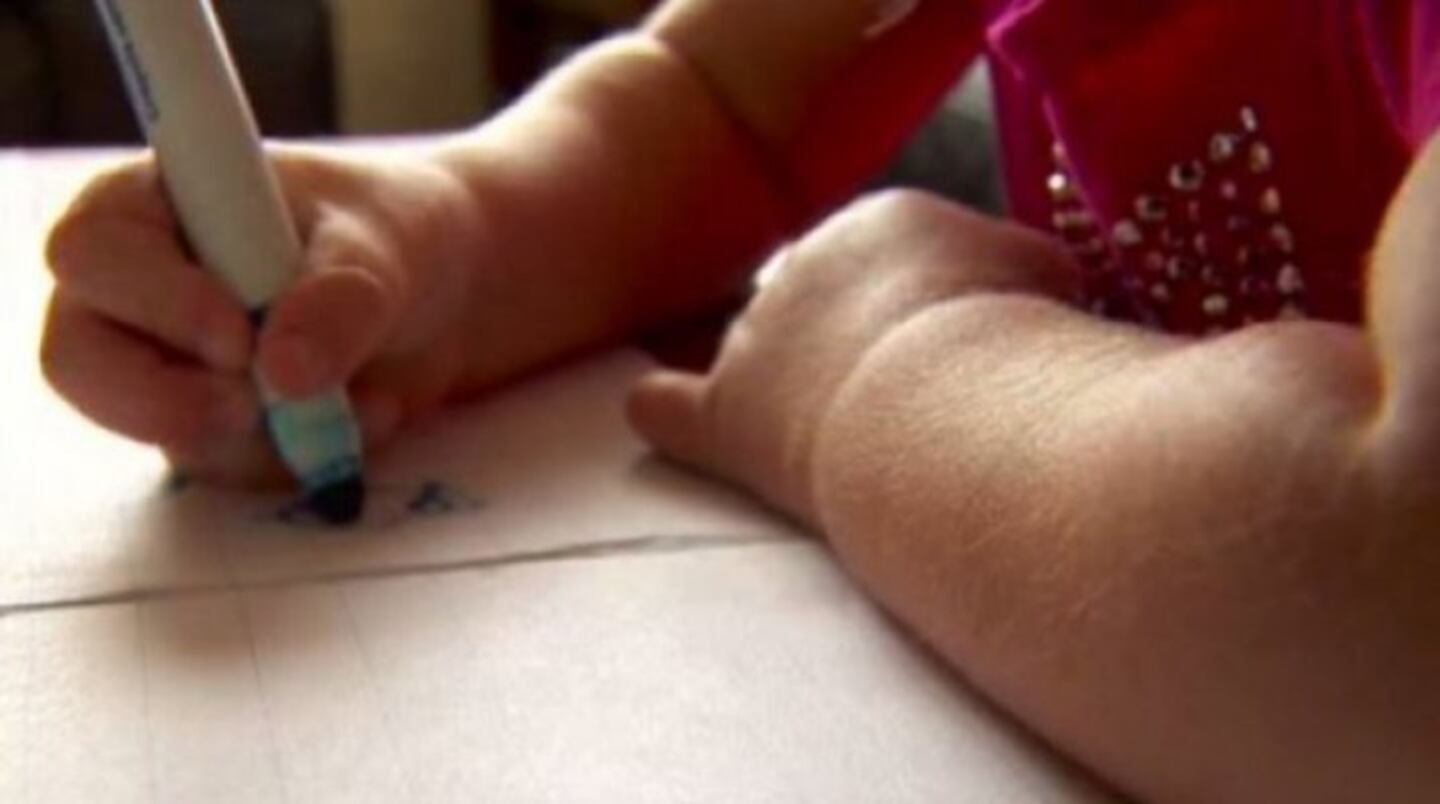A total of $68.8 million over four years will be invested to support vulnerable children and their families. The Budget 2017 announcement was made today by Minister for Children Anne Tolley and Education Minister Nikki Kaye.
This comes as a part of this year's Budget and the Government’s $321 million Social Investment Package announced by Prime Minister Bill English.
The package includes:
$28.1 million to help expand Family Start, an intensive home visiting programme
$34.7 million to support more children with behavioural issues
$6.0 million to help children with communication issues
Tolley says, “It’s important to intervene early and target support to families and whānau whose children are at risk of poor education, health and social outcomes.
Family Start is a good example of the Government’s social investment approach – focusing on the needs of individuals and families, intervening early, and tailoring support around what we know delivers the best results for Kiwis.
Budget 2017’s investment will increase the number of Family Start places by around 570 a year to ensure the programme is available throughout the country.
This extra funding means Family Start will provide intensive support to over 7,100 at-risk families at any one time.”
Family Start can help reduce infant mortality, lead to higher child immunisation rates and participation in Early Childhood Education, and ensure more mothers who need it can access community-based mental health services.
Ms Kaye says $34.7 million over four years will be invested to expand services for children with severe behavioural difficulties, focusing on those aged eight and under.
“This investment is about expanding the significant level of specialist support already available, and also providing more support at an earlier age.
We know that young children with severe behavioural issues are more likely to be involved in antisocial behaviour later in life. By providing more support earlier, such as working with an educational psychologist or special education advisor, we’re aiming to help steer more young children onto a positive path in life, and also reduce disruption in the classroom which can compromise other students’ learning.
We expect to increase the number of children receiving specialist behavioural support from around 5,000 to around 6,000 children annually.
The package also includes $6 million over four years to support three and four year olds with oral language difficulties.
If children enter primary school behind their peers when it comes to basic language skills, this can affect their learning and have a detrimental effect on their future prospects.
This investment will upskill up to 1,920 teachers working in early childhood education in lower socio-economic areas, to help them better support young children showing difficulties with the building blocks of literacy, such as letter and word awareness and listening comprehension.
There will also be more specialised support for around 7,600 children with the highest needs, and overall we expect up to 50,000 children will have access to the enhanced language support available,” Tolley adds.

